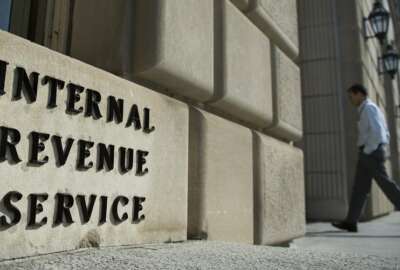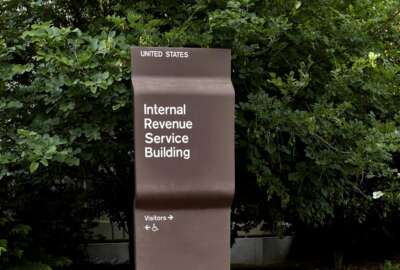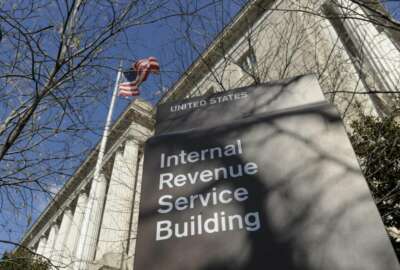

The IRS is still reeling from the effects of the 35-day shutdown that ended last month, according to the agency’s taxpayer watchdog office.
As lawmakers look to pass a comprehensive spending package to avoid triggering another partial government shutdown this weekend, the IRS is still reeling from the effects of the 35-day shutdown that ended last month, according to the agency’s taxpayer watchdog office.
National Taxpayer Advocate Nina Olson, in her annual report to Congress, told lawmakers the five-week lapse in funding “could not have come at a worse time for the IRS,” as it began to prepare for the first filing season impacted by the Tax Cuts and Jobs Act.
President Donald Trump signed a continuing resolution ending the shutdown Jan. 25, one business day before the start of this year’s filing season. Even with more than 46,000 employees working without pay in the last half of the shutdown, the IRS staff still faced a significant backlog in work once the shutdown ended.
The day before the CR ended the shutdown, the IRS had more than 5 million unprocessed pieces of mail, 80,000 Earned Income Tax Credit audits that had not been addressed and 87,000 amended tax returns that needed to be manually processed.
IRS accounts management — the primary point of contact for taxpayer questions — answered less than half of its incoming calls, and average wait time clocked in at 17 minutes. By comparison, the agency answered 86 percent of calls routed to accounts management in the first week of last year’s filing season, and the average wait time was only four minutes.
The full effect of the longest shutdown in history, Olson wrote, won’t be known until months, or even years, from now.
“Make no mistake about it, these numbers translate into real harm to real taxpayers,” Olson wrote. “And they represent increased rework for the IRS downstream, at a time when the IRS is already resource challenged.”



The National Treasury Employees Union estimates the IRS has lost 22,000 full-time employees and $715 million in annual funding since 2010.
“Today’s report brings into sharp relief just how difficult it is for an underfunded, understaffed agency to function at a high level when most of its workforce was locked out for a month before the start of the filing season,” NTEU national president Tony Reardon, said in a statement Tuesday.
At the beginning of the shutdown, the IRS excepted only 12.5 percent of its workforce, but as the shutdown loomed closer to the start of the filing season, the agency brought more than half of its employees back to work.
However, in the final week of the partial shutdown, some IRS excepted employees, having already missed two pay periods, requested hardship leave on the grounds they didn’t have the financial means to commute to work. According to a local NTEU president, nearly a quarter of the 5,000 IRS employees working out of the Ogden, Utah campus requested hardship leave.
“It is irresponsible for an agency that touches all aspects of people’s lives to be underfunded, understaffed, and at the mercy of shutdowns,” Olson wrote, adding the IRS continues to wrestle with its current workload.
Despite all of the hurdles posed by the shutdown, Olson said IRS employees’ work ethic stood out as a “notable bright spot.”
“Most IRS employees experienced financial challenges as a result of missing two paychecks,” she wrote. “Yet when the shutdown ended, IRS employees returned to work with energy and generally hit the ground running, eager to make sure the agency could deliver the filing season as well as achieve its broader mission.”
An IRS spokeswoman said in a statement that agency leadership will review the report’s findings.
“The IRS is committed to continue making improvements across our Information Technology, tax enforcement and taxpayer service operations,” she said.
Copyright © 2024 Federal News Network. All rights reserved. This website is not intended for users located within the European Economic Area.
Jory Heckman is a reporter at Federal News Network covering U.S. Postal Service, IRS, big data and technology issues.
Follow @jheckmanWFED
